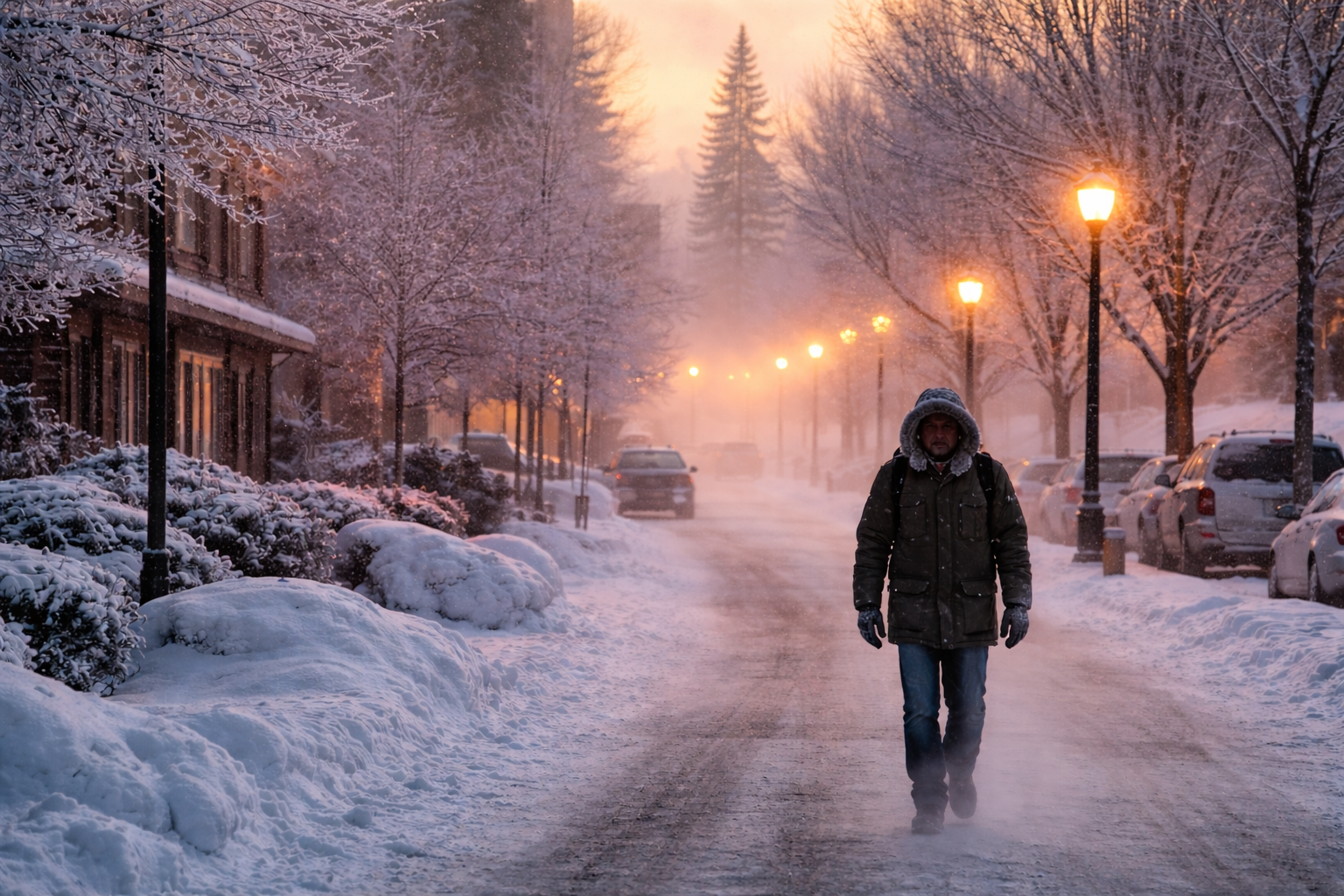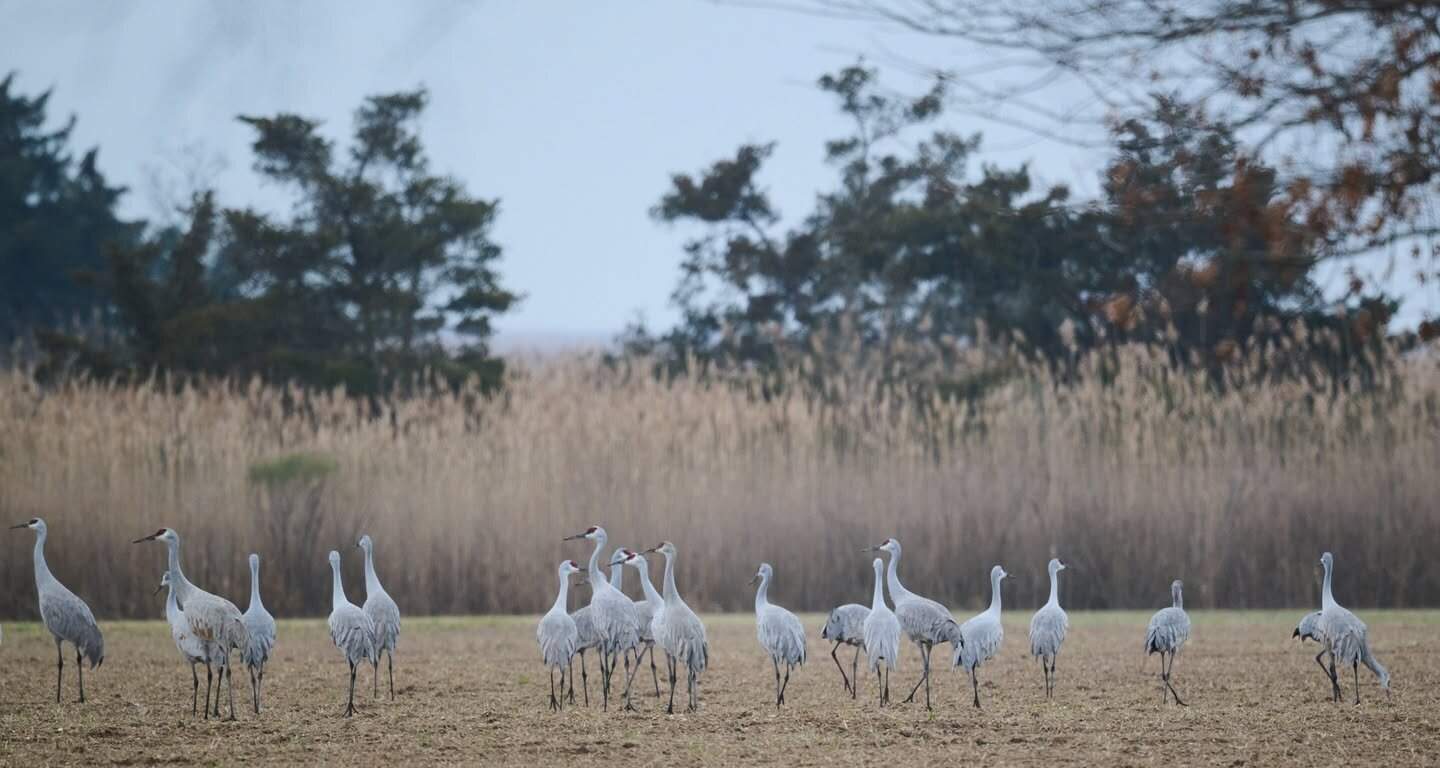In Praise of Birds

 Why do birds appeal to us? Most people enjoy the sight of birds, even people who have never been active birdwatchers. Birds can soar overhead and can cover great distances. They are privy to a “bird’s-eye view” of a single building or a park, or an entire city or landscape, making them a perfect metaphor for obtaining a fresh perspective on a situation, or for taking a larger view of an issue.
Why do birds appeal to us? Most people enjoy the sight of birds, even people who have never been active birdwatchers. Birds can soar overhead and can cover great distances. They are privy to a “bird’s-eye view” of a single building or a park, or an entire city or landscape, making them a perfect metaphor for obtaining a fresh perspective on a situation, or for taking a larger view of an issue.
Birds often symbolize other things, as well, such as human character traits and qualities. There’s the proud peacock, the noble eagle, the thieving magpie, squabbling crows, and cooing lovebirds. Gliding swans are the perfect picture of grace and elegance in motion. The hawk is a symbol of war, the dove a symbol of peace.
The beauty of birds is not confined to the visual aspects of shape and color, because birds also fill the air with music. They seem to offer us their song simply to entertain us and ask for nothing in return. Their color and song serve biological ends in the process of natural selection, but that does not prevent us from enjoying such sights and sounds. We can listen in on their free concerts and derive pleasure and serenity from the experience. We can also be amused when a few species of birds even mimic our own speech.
Each spring we are able to welcome certain birds back into our midsts, for nearly everywhere that humans live, birds live also. There is such a diversity of bird species to fill each ecological niche on earth and to contribute to its balance by doing such things as eating insects and dispersing plant seeds. There are the ducks and moorhens of rural ponds. There are birds who live in the forests. There are birds in the mountains and birds in the deserts. The oceans have their hardy puffins and pelicans. Even frozen, icy places have the lovable penguins.
Birds adapt to so many different habitats and situations, including human environments. The often ignored pigeon is a beautiful bird. As a species, they have managed to adapt to modern cityscapes, substituting cliff-like building ledges and bridge girders for their ancestral rocky cliffs.
Wherever they choose to live, birds remain symbols of untamed nature, surviving despite man’s interference with their habitats. They remain proud and free to the present day. They are also a living link to the mysterious and fascinating history of life on our planet, as birds are the surviving heirs to the dinosaurs.
Each of us may have our own reason, or combination of reasons, for loving birds, but their appeal is indisputable and universal. Birds represent the perfect blend of beauty, strength, grace and endurance, from the cuteness of a tiny sparrow to the majesty of an imposing raptor.
Birds fill both the eye and the ear with beauty. We enjoy them. We admire them. Sometimes we envy them. They add appreciably to the quality of our lives and to the diversity of life on earth and the world would be a smaller, sadder, emptier place without them. n








